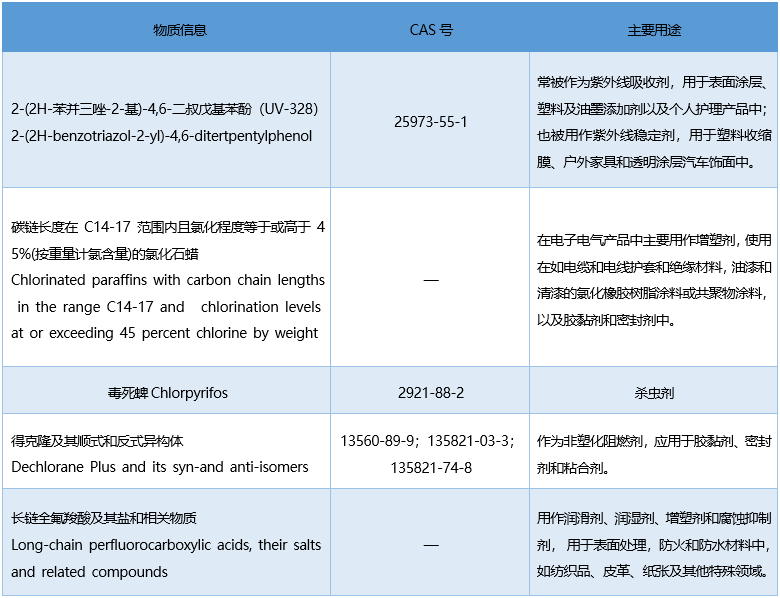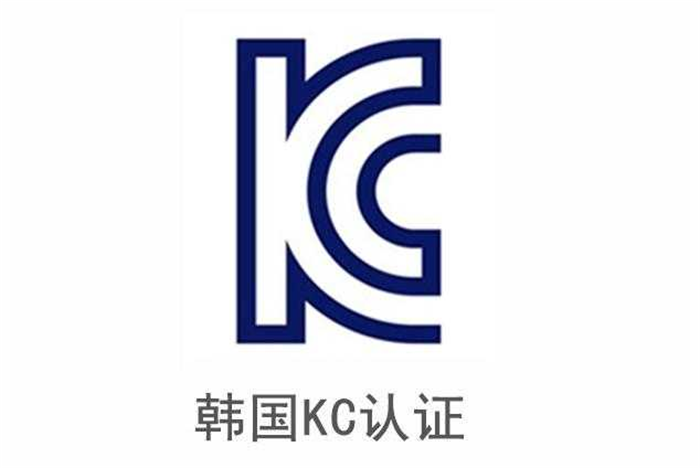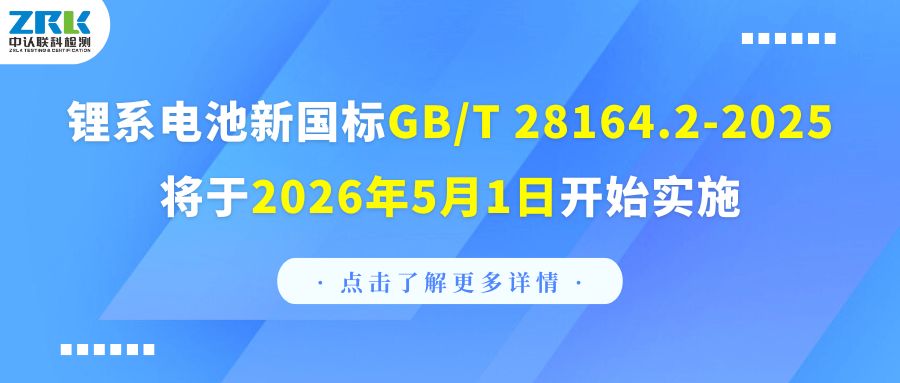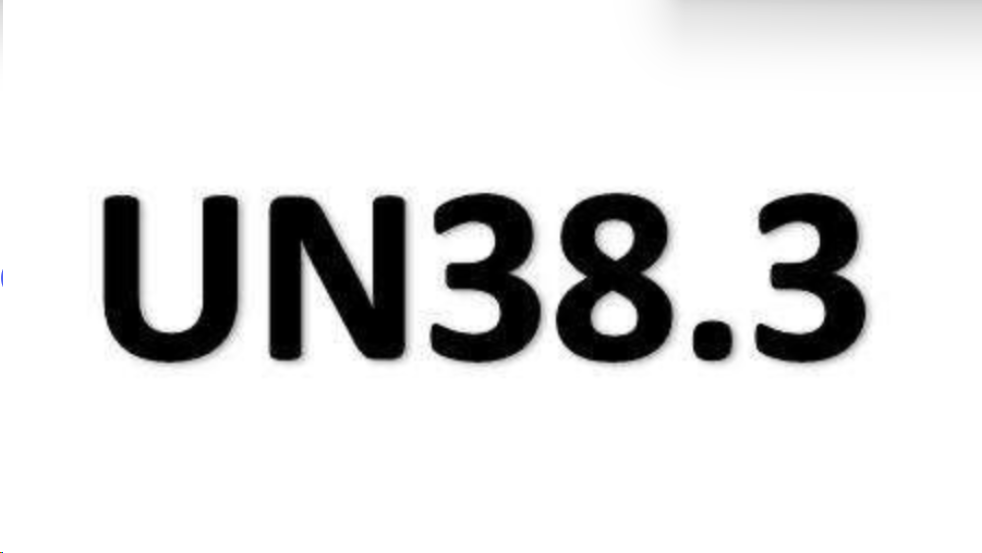On 24 May 2022, the European Chemicals Agency (ECHA) launched a public consultation on 5 substances proposed for inclusion in the Persistent Organic Pollutants Regulation (POPs Regulation) and will consider stakeholders at relevant stages of the Convention process , including the preparation and review of proposals to list chemicals as POPs. The public consultation period ends on July 19, 2022, during which stakeholders can post comments on the ECHA website.
The substance information of this public consultation is as follows

Once the above substances are confirmed to be officially included in the Stockholm Convention at the Conference of the Parties, the European Commission will subsequently revise the EU POPs regulations in accordance with the requirements of the Convention.
The Stockholm Convention has an add-on mechanism whereby any party can propose a new chemical to be listed in Annex A, B or C of the Stockholm Convention. The POPs Review Committee evaluates these recommendations in accordance with Article 8 of the Convention and makes recommendations to the Conference of the Parties on such lists.
About POPs
Persistent Organic Pollutants (POPs) refers to organic chemicals synthesized by humans that can persist in the environment, have a long half-life, and can accumulate through the food web and cause adverse effects on human health and the environment. . They can cross international borders via the atmosphere, water, or migratory species to areas where they were never produced or used (eg, from Asia to Antarctica). Global risk management is therefore necessary, as no region can manage the risks posed by these substances alone.
Warm Tips
The EU's control of chemical substances is becoming more and more strict, and persistent organic pollutants are one of the new pollutants recognized internationally, and it is also a key inspection item for EU law enforcement in recent years. Although the five substances proposed to be included in the "Stockholm Convention" have not yet been officially controlled, relevant companies exporting to the EU should also pay attention to understand the use of the above substances in advance and take countermeasures in advance.


![[Holiday Notice] ZRLK 2026 Chinese New Year Holiday Schedule](/uploads/image/202602/698559be66d97.jpg)










